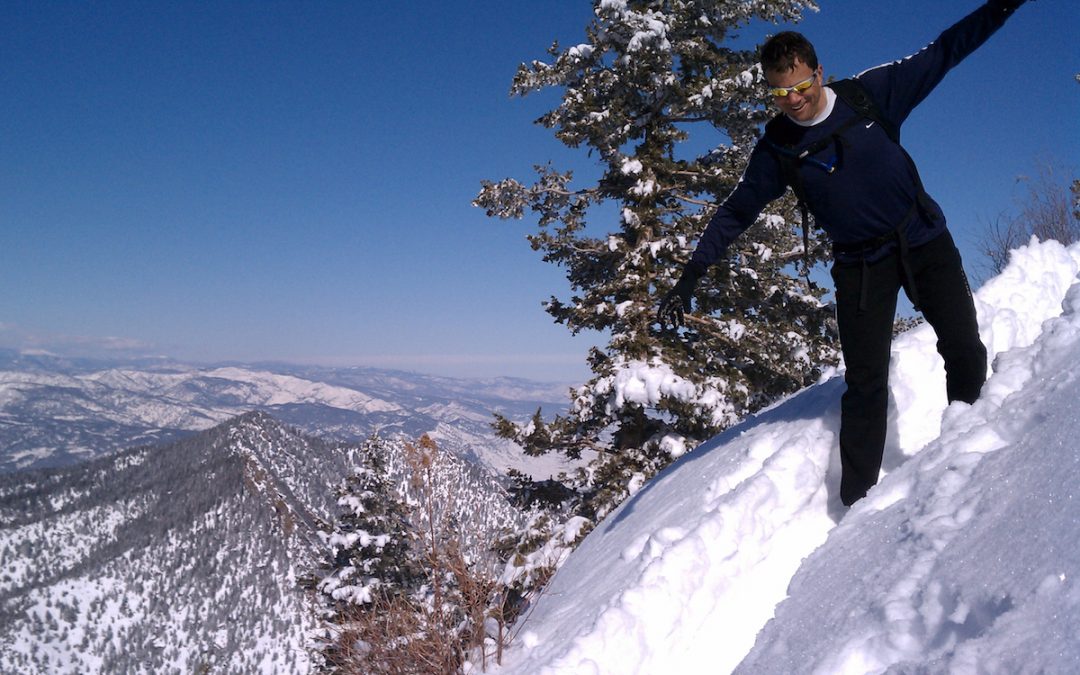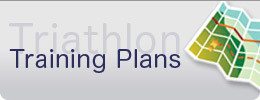Lasted updated on December 26, 2016.
With the winter holidays, the triathlon season is officially over (i.e. the “off season” or “transition season” as I like to call it).
As a triathlon coach, the number one question I get from athletes is, “What do I do now?”
There are a number of things to do this winter in order the balance the need for:
- Downtime from the current racing season to avoid burnout, refresh mentally and recover from any lingering injuries and
- Carrying over an adequate fitness base for next year.
First, take some downtime. Do nothing for a few weeks. Take walks. Spend time with friends. Sleep in. Get a massage.
Next, shift training from race specific to non-race specific training.
Specificity is the principle that an exercise must stress the systems and muscles in order to achieve the desired training adaptations for optimal performance.
I use the analogy of a funnel for specificity. With the end of the racing season, we are now at the wide top of a funnel, which means we can do a wider range of non-race specific activities to maintain base level fitness. As we approach our races and move down the funnel towards the bottom of the funnel, training should be come more narrowly focused, more race-specific.
Take advantage of the wide funnel and try some different activities. I plan to hike, mountain bike and rock climb this winter.
The caveat: I would still recommend working out 5-6 days a week with at least one swim, bike and run workout per week – on average. Still, if you want time off from one of the three, take it. Be aware that a long time away from a sport may take you longer to get back to a high level of sport-specific training. As an example, my weekly training schedule this winter might look something like:
- Mon: Swim easy 40 min
- Tue: Bike to gym, Pilates, bike home
- Wed: Run 45 min
- Thu: Pilates
- Fri: Rock climbing
- Sat: Lift weights; rider outside (if weather ok)
- Sun: Run 60 min
A key point is not to follow a specific schedule and go by what you feel like doing at least through December.
Third, have fun and mix it up. Try something new. For example, I plan to do cross-country skiing and snowshoeing this winter.
Fourth, start thinking about next year. What are the areas that you want to improve on from this year? Write down your goals and come up with action steps to accomplish the improvements. The winter is a good time to focus on skills and form in order to improve economy – the ability to do a certain amount of work using as small amount of energy as possible. Get a bike fit or a one-on-one swim lesson. Sign up for some running races to build speed and create goals through the winter. Six months out from a key summer race is a good time to begin a structured training program.
Bottom line: next year will be a new adventure that we’ll be able to face with a fresh outlook, a decent level of fitness and a positive attitude!
Happy training,
David
—
Coach David B. Glover, MS, CSCS has completed 28 IRONMAN distance triathlons including two sub 9 hour finishes and winning Vineman Full twice. Now, David’s passion now is helping triathlete and other endurance athletes achieve their dreams through his online triathlon education and training company, ENDURANCEWORKS. David has an MS in Exercise Physiology and is certified as a coach by USA Triathlon and USA Cycling as well as having his CSCS from NSCA. After six years of living, training and coaching in the triathlon mecca of Boulder, CO, David currently resides in Southern California.


